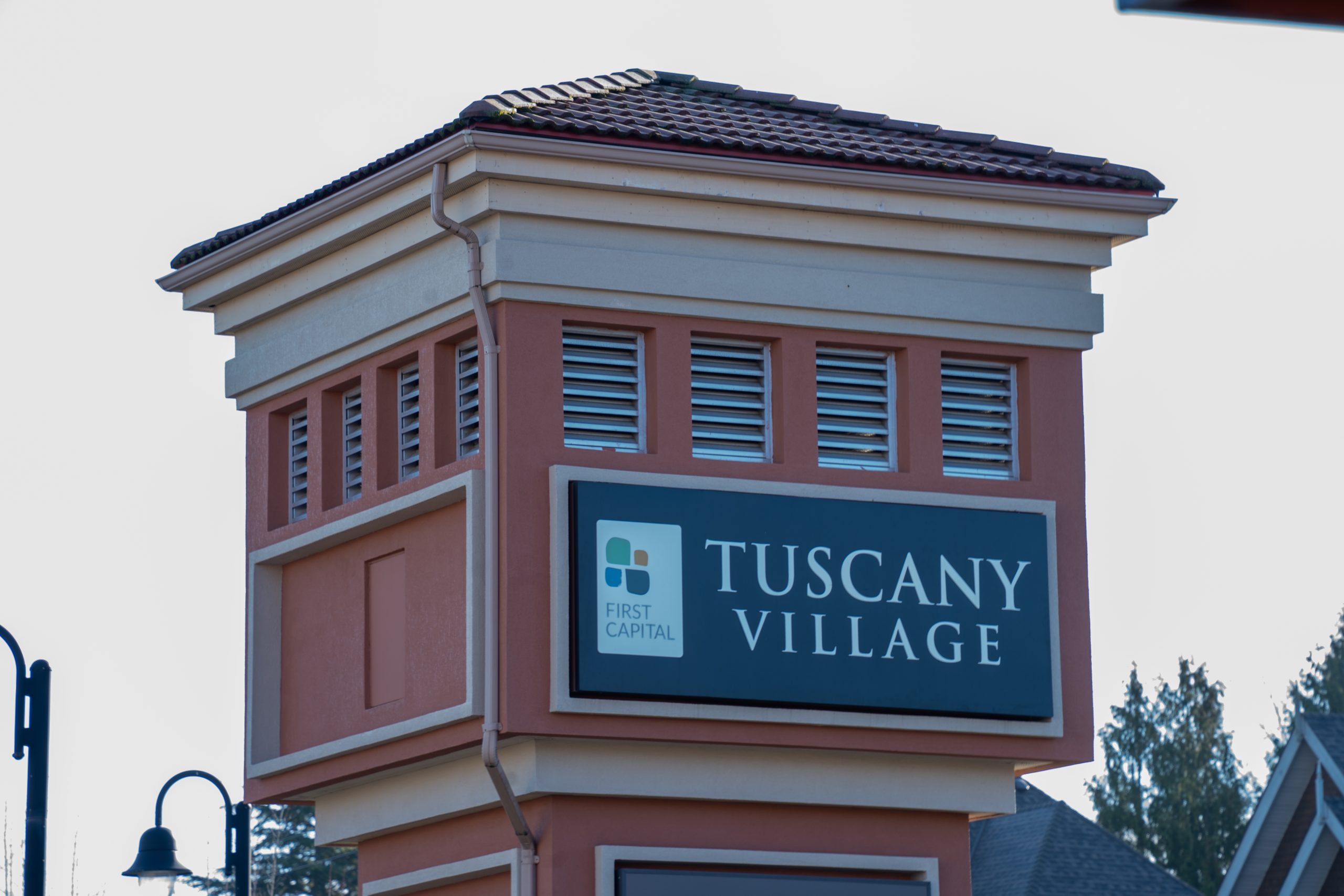Of all the provinces nationwide, B.C. is home to the largest population of people with a disability, so it follows that B.C. universities educate many students who have a disability. Many individuals with disabilities who attend university face specific challenges in an environment that doesn’t always acknowledge their needs. The Society for Students with a Disability (SSD), located in B111 of the Student Union Building (SUB), hopes to support students and eliminate any barriers. I sat down with Pam Savage, Education and Administration Coordinator, and Liana Robinson, SSD Office Coordinator, to discuss the work the group does at UVic. The SSD seeks to provide a safe space for all self-identified disabled persons—regardless if they are emotionally, mentally, physically or cognitively disabled, or a combination—no doctor’s note necessary.
The SSD works to provide whatever services students with disabilities may require. This may include anything from meeting with teachers, negotiating with residence services, or connecting with financial aid and health services. Beyond advocacy, the SSD creates fun and informative events, such as September’s “Sexuality and Disability” discussion, the “Stand Up for Mental Health” comedy event; the budding project “Inclusion Cafés,” which focus on various aspects of disability, has continued this semester. Another popular project the SSD has carried on is the snack program, which offers delightful goodies to those accessing the SSD.
And now the SSD has moved from its small office in the SUB, B106 to a larger accommodating space down the hall, in B111, so more students can comfortably drop in for a visit or to use resources. The new, spacious room boasts a sliding door, specialized computers, and a private room for confidential discussions. Here, Mac computers with Windows software that has various adaptive technologies are also available to students, as well as comfortable wheelchair accessible seating that contributes to the welcoming atmosphere.
Disability and university
The diversity of those with disabilities presents a variety of limitations that students face during their studies, and support is sometimes scant. Robinson noted how the SSD is hoping to transform its old office in B106 into a respite room for students by the end January 2014, as there are few quiet, private and accessible spaces on campus for students to take care of personal needs or simply relax and rest. Other students may struggle to gain medical documentation of their disability, and may be denied accommodations in terms of assignments or in the classroom.
Indeed, common discourses around disability often follow the “medical model,” which positions the physician as the expert on the individual’s experience, and leads to the labeling and pathologization of those with disabilities. Robinson proposed the SSD’s preferred model—the “social inclusion model.” This model holds that the person with the disability is the expert on their own life and that they are not defined by their disability. Instead of marking the person’s disability as the issue in need of change, the social inclusion model addresses the social realities that stigmatize and marginalize the disabled.
Get involved
Savage and Robinson are very excited about the co-mentoring and peer support program the SSD will be offering next semester. This program will connect disabled students with one another in a tutoring and mentorship context, and will function as a solid support system on campus. All interested disabled students are encouraged to inquire. The SSD is also seeking a disabled student who has an understanding of disability rights to serve as the SSD’s UVSS board representative and a representative for the Grad Student Society. But the possibilities don’t end there—all individuals are encouraged to come to workshops and events, such as Inclusion Cafés, which will discuss various topics related to disability. All are welcome to these events.
While students with disabilities find support with the SSD and UVic’s Resource Centre for Students with a Disability, Robinson noted that there is still much to be done in making the university as accessible as it could be, perhaps beginning with extending UVic’s policy on disability rights. Despite challenges it encounters, the SSD will continue to raise awareness and passionately support all students with disabilities, contributing to a university that is inclusive to all. Its steadfast vision aligns with the words of Patricia Deegan, an academic who has schizophrenia: “Let the mainstream become a wide stream that has room for all of us and leaves no on stranded on the fringes.”
If you would like to support the SSD in any way, you can go to their website and fill out a volunteer form, or contact uvicssd@uvic.ca.
Note from Sam Bahan:
The Society for Students with a Disability (SSD) is a subsidiary organization sponsored by the University of Victoria Students’ Society (UVSS). We represent the interest of a wide range of students on the University campus who self-identify as having one or more disabilities. We have recently changed locations in the Student Union Building (SUB) and now located in room B111. Additionally, we are in the process of developing a respite room to provide a quiet and safe retreat from the everyday stresses of student life on campus. These developments have facilitated our efforts to create welcoming and inclusive spaces, where students can relax, socialize, and share their experiences.
The SSD accepts students on the basis of the “social inclusion model,” offering support to any student who identifies as having a disability, whether it is emotional, mental, physical, or a combination. This means that regardless of possessing medical paperwork for the disability, students can access the services provided by the SSD including, but not limited to, advocacy and service referrals for academic challenges, safety or health crises; co-mentoring and peer support; a calm workspace where students can utilize new iMacs, adaptive technology, free snacks and printing; and a range of fun workshops on topics important to students with disabilities.







